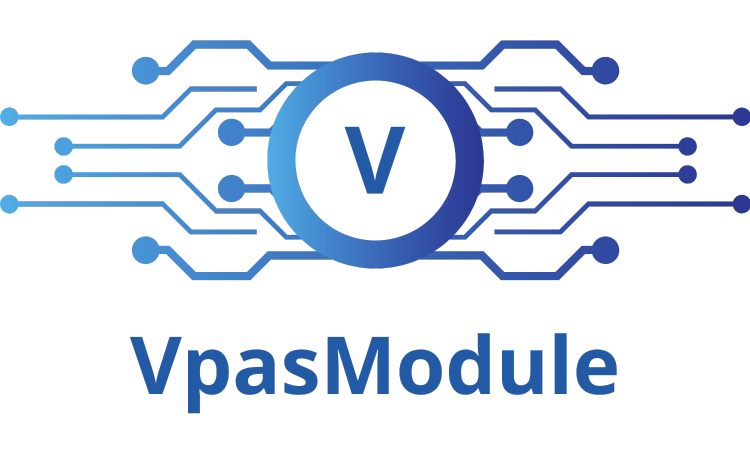-AppID <String>
Unique ApplicationID (or Application Name) that will be used by the credential provider(s) to retrieve credentials
Required: true
Position: named
Default value:
Accept pipeline input: true (ByPropertyName)
Accept wildcard characters: false
|
-Description <String>
An explanation/details of the target resource
Best practice states to leave informative descriptions to help identify the resource purpose
Required: false
Position: named
Default value:
Accept pipeline input: true (ByPropertyName)
Accept wildcard characters: false
|
-Location <String>
Where the ApplicationID will reside in terms of the directory structure within CyberArk
Required: false
Position: named
Default value:
Accept pipeline input: true (ByPropertyName)
Accept wildcard characters: false
|
-AccessPermittedFrom <String>
Limiting when an ApplicationID can be used starting time
Required: false
Position: named
Default value:
Accept pipeline input: true (ByPropertyName)
Accept wildcard characters: false
|
-AccessPermittedTo <String>
Limiting when an ApplicationID can be used end time
Required: false
Position: named
Default value:
Accept pipeline input: true (ByPropertyName)
Accept wildcard characters: false
|
-ExpirationDate <String>
Limiting when an ApplicationID can be used expiration date
Required: false
Position: named
Default value:
Accept pipeline input: true (ByPropertyName)
Accept wildcard characters: false
|
-Disabled [<SwitchParameter>]
Create the new ApplicationID in a disabled state
Required: false
Position: named
Default value: False
Accept pipeline input: true (ByPropertyName)
Accept wildcard characters: false
|
-BusinessOwnerFName <String>
ApplicationID owner FirstName
Required: false
Position: named
Default value:
Accept pipeline input: true (ByPropertyName)
Accept wildcard characters: false
|
-BusinessOwnerLName <String>
ApplicationID owner LastName
Required: false
Position: named
Default value:
Accept pipeline input: true (ByPropertyName)
Accept wildcard characters: false
|
-BusinessOwnerEmail <String>
ApplicationID onwer Email
Required: false
Position: named
Default value:
Accept pipeline input: true (ByPropertyName)
Accept wildcard characters: false
|
-BusinessOwnerPhone <String>
ApplicationID owner Phone
Required: false
Position: named
Default value:
Accept pipeline input: true (ByPropertyName)
Accept wildcard characters: false
|
-InputParameters <Hashtable>
HashTable of values containing the parameters required to make the API call
Required: true
Position: named
Default value:
Accept pipeline input: true (ByPropertyName)
Accept wildcard characters: false
|
-token <Hashtable>
HashTable of data containing various pieces of login information (PVWA, LoginToken, HeaderType, etc).
If -token is not passed, function will use last known hashtable generated by New-VPASToken
Required: false
Position: named
Default value:
Accept pipeline input: true (ByPropertyName)
Accept wildcard characters: false
|
<CommonParameters>
This cmdlet supports the common parameters: Verbose, Debug
ErrorAction, ErrorVariable, WarningAction, WarningVariable
OutBuffer, PipelineVariable, and OutVariable. For more information, see
about_CommonParameters (https:/go.microsoft.com/fwlink/?LinkID=113216)
|




